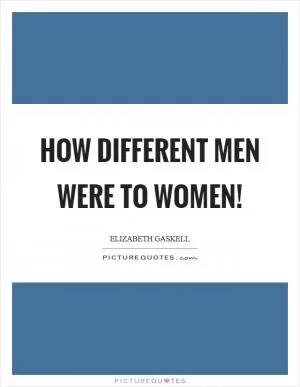He thought that I was helpless, because he saw me lonely and poor; but are not the armies of Heaven for the like of me?

He thought that I was helpless, because he saw me lonely and poor; but are not the armies of Heaven for the like of me?
In Elizabeth Gaskell's novel "North and South," the character Margaret Hale speaks these powerful words in response to John Thornton's assumption that she is helpless due to her lonely and poor circumstances. This statement encapsulates Margaret's strength, resilience, and unwavering belief in her own worth and capabilities.Throughout the novel, Margaret faces numerous challenges and hardships, including her father's decision to leave the church, their move from the idyllic countryside to the industrial town of Milton, and her mother's declining health. Despite these difficulties, Margaret remains steadfast in her convictions and refuses to be defined by her circumstances. She is a woman of intelligence, compassion, and independence, who is not afraid to speak her mind and stand up for what she believes in.
John Thornton, on the other hand, initially views Margaret as a delicate and vulnerable woman who needs to be protected and cared for. He is a self-made man, a successful mill owner who has worked hard to achieve his wealth and status. However, his assumptions about Margaret are quickly challenged as he comes to realize the depth of her character and the strength of her spirit.
As Margaret and John's relationship evolves, they both learn from each other and grow as individuals. John comes to see Margaret as an equal, a partner who is capable of standing by his side and facing life's challenges together. Margaret, in turn, learns to appreciate John's integrity, determination, and loyalty.
The quote "He thought that I was helpless, because he saw me lonely and poor; but are not the armies of Heaven for the like of me?" reflects Margaret's defiance against societal expectations and her refusal to be underestimated or marginalized. She recognizes her own worth and refuses to be defined by her circumstances or the perceptions of others.












 Friendship Quotes
Friendship Quotes Love Quotes
Love Quotes Life Quotes
Life Quotes Funny Quotes
Funny Quotes Motivational Quotes
Motivational Quotes Inspirational Quotes
Inspirational Quotes